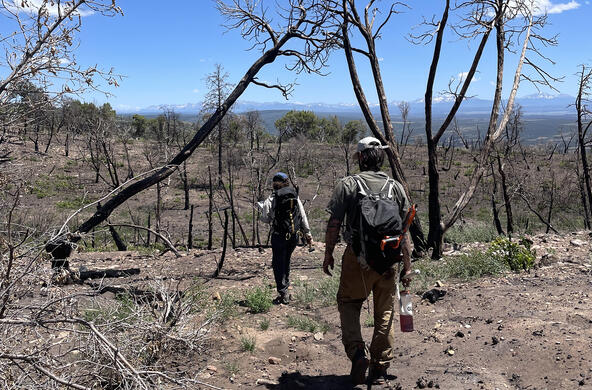While artificial intelligence has found a lot of use cases in many industries, another area that is witnessing a lot of traction is for Social Good. Many companies and organisations are either collaborating with not-for-profit organisations or are developing solutions that may help communities and society in general by integrating AI.
AI is solving some of the pressing social issues. Many global companies such as Google, Microsoft, Facebook and government bodies are deploying AI for positive social initiatives.
In this article, we bring five use cases when artificial intelligence was used for social good.
Cough Against Covid By Wadhwani Institute For AI
An independent and nonprofit research institute, Wadhwani Institute for Artificial Intelligence is on a mission to develop and apply AI-based innovations to a broad range of societal domains such as healthcare, agriculture, education, and more. While it has been working on many projects, one of the recent by the institute is its campaign called Cough Against Covid, which is funded by the Bill and Melinda Gates Foundation. They are creating an open dataset to collect cough samples from Covid-19 positive patients. The aim is to make the dataset available for the researchers globally to use this to develop Covid-19 self-screening tools for the general public.
Google AI For Social Good
Google’s initiative works on projects that address a wide range of social and environmental challenges using AI. Some of their projects include forecasting floods quickly and accurately to prevent potential damage, predicting the risk of cardiac events, mapping global fishing activity and more. In the case of monitoring flood, for instance, it collects data on various environmental and geographic factors that influence flood activity and uses this information to train AI and improve warning systems. In India, it has been used to predict floods, where it sent out its first alert in September 2018. There are similar alerts for predicting earthquakes and wildfires.
Microsoft’s AI for social good to prevent blindness
India-based entrepreneur K Chandrasekhar who is the founder of Forus Health, reached out to Microsoft to use AI to eradicate preventable blindness. AI helps in making the product which is a portable eye-scanning device affordable, make a difference on a much larger scale. The companies are working together to detect retinal diseases such as diabetic retinopathy by creating a faster diagnosis. It matters especially in India, where diabetes cases are on the rise. This assistive technology saves time while increasing the speed of testing.
Blood camps as a part of Facebook AI for Social Good
Facebook has rolled out several initiatives to promote best practices of AI in India. One of the examples of Facebook’s application of AI for social good in India has been the workaround blood donations. In 2018, the social media giant launched a blood donation centre for several million users in India. The development helped the users to locate the nearest blood donation camps, events, requests for blood donors and blood banks, thereby helping the hospitals and blood banks connect with blood donors quickly.
IBM And Cary Institute hunting Zika Virus With Machine Learning
One of the projects under this initiative by IBM in collaboration with Cary Institute helped stop the spread of the deadly Zika Virus. The team used machine-learning techniques to identify surveillance priorities in the battle against the virus. Based on the physiological, behavioural, range, and social structure data, they developed a Bayesian predictive model. The approach was trained on reservoir species from Africa to predict reservoir species in the Americas. It identified carriers with 82 percent accuracy and helped in producing an interactive map showing where people are most at risk.
Apart from these, Google recently started six AI-based research projects in India that focus on addressing the social, humanitarian and environmental challenges in sectors like healthcare, education, disaster prevention and conversation. The Initiatives are as follows:
- A project where AI is used improving health information for high HIV/AIDS risk communities
- AI is being used to predict the risk of expectant mothers to increase positive healthcare outcomes for mothers and their babies
- Improving consistency of healthcare information input using AI
- Predicting human-wildlife conflict using AI in the state of Maharashtra to help inform data-driven policymaking
- Using AI to inform dam and barrage water releases and build early warning systems to risk of disasters
- A project where researchers are building open-source input tools for underserved Indian languages to accelerate the publishing of openly licensed content






